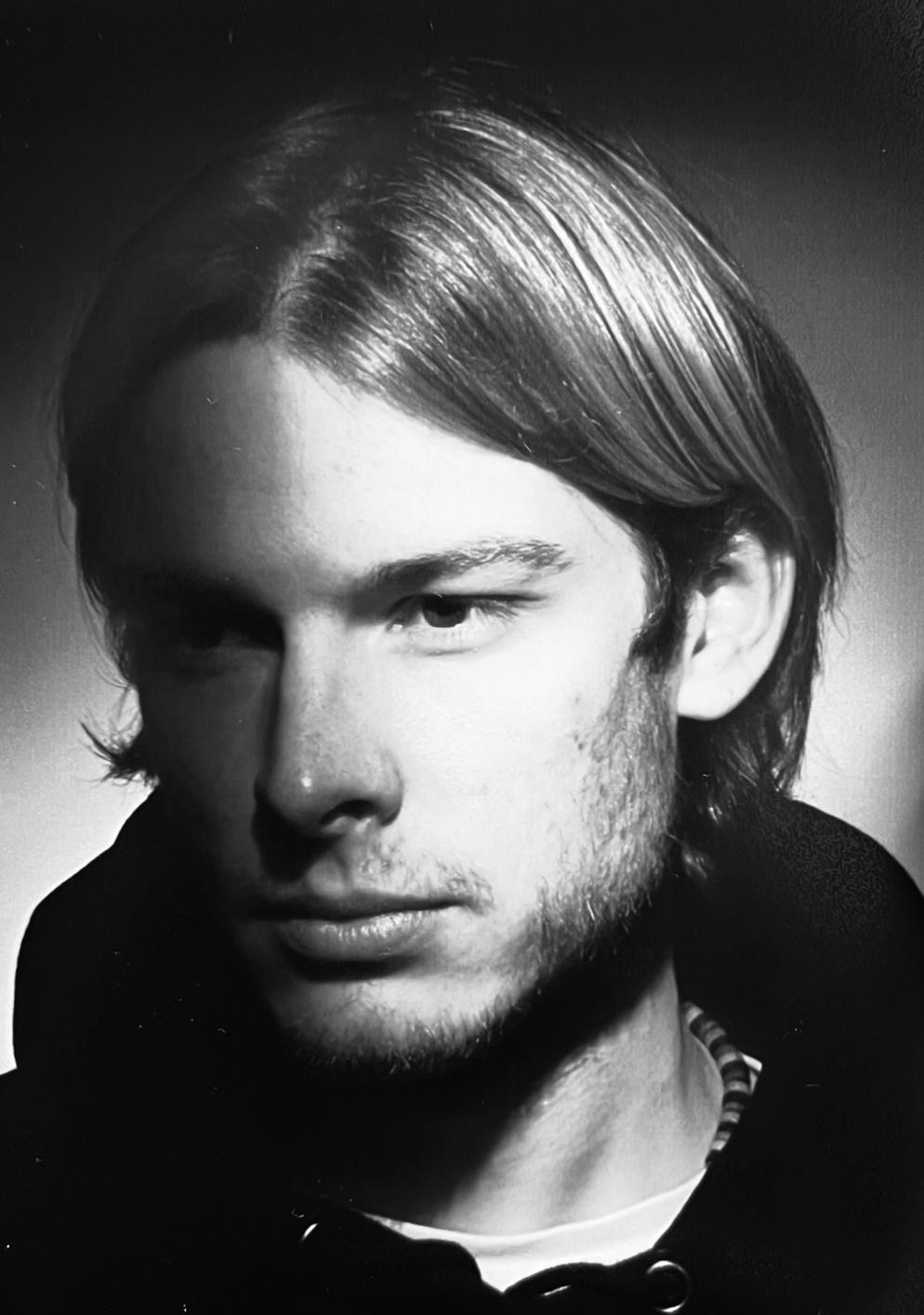We’re excited to introduce you to the always interesting and insightful Maxime Allouche. We hope you’ll enjoy our conversation with Maxime below.
Alright, Maxime thanks for taking the time to share your stories and insights with us today. Often outsiders look at a successful business and think it became a success overnight. Even media and especially movies love to gloss over nitty, gritty details that went into that middle phase of your business – after you started but before you got to where you are today. In our experience, overnight success is usually the result of years of hard work laying the foundation for success, but unfortunately, it’s exactly this part of the story that most of the media ignores. Can you talk to us about your scaling up story – what are some of the nitty, gritty details folks should know about?
Three years ago, Insouciant Films, the production company where I work and am now a co-partner, was only a line producer and did not finance any of its projects. The company’s main task was to receive projects from friends and organize shoots. There was no preparation, writing, development, or distribution. It was the Wild West, but that’s perfectly normal when building a production company from scratch without any springboard or patron to help us. When I arrived two years ago, the co-founders (Paul-Lou Lemieux and Mete Gultiken) asked me to provide a financial and legal structure. So we created a subsidiary in France in addition to the American subsidiary and rebuilt the company’s legal and financial methods.
The moment of scale-up came when we decided on our activities. What story did we want to tell with Insouciant? It was difficult to say when the projects we had received up to that point were commissioned films or music videos.
So we focused on fiction films in an independent structure, and music videos and commercials in another branch, with the common goal of supporting young directors and production teams and accompanying them throughout their careers. The idea is to learn how to make films together.
With only three people in the company, we cannot achieve this goal on our own, so we hire motivated individuals, freelancers, film students, and people from our immediate circle. To motivate them, we place a strong emphasis on knowledge sharing and portfolio building. We want to maintain a family spirit around our productions while keeping our methods professional. What motivates us is the fact that we are all in the same boat and that mutual support eventually develops.
Remote working also allows us to move forward more quickly. As our headquarters are based in two different cities, Paris and New York, there is a kind of continuous flow of activity, 24 hours a day, on which we communicate very quickly with our directors, our teams, and our clients thanks to agile means of communication (group conversations, videoconferencing, etc.).
The next step in scaling up the projects was, naturally, to find funding for them. Funding from outside the production company or the director’s friends and family. That’s when we realized how important it was to build a solid foundation in terms of relationships and artistic vision. Relationships with everyone who could help us better understand a very mature industry and how to make our mark in it. Artistic vision in the selection of projects and directors. Indeed, the artistic project is the cornerstone that brings all the teams together. If it is poorly chosen from the outset, it is difficult to motivate our collaborators. I therefore introduced longer deadlines. Taking the time to read, have others read, and analyze a script takes time. Avoiding rushing into decisions as crucial as choosing a project or choosing a good relationship is of paramount importance, otherwise motivation will not follow. From now on, we are taking our time. At the company level, deadlines are spread over weeks or even months. And I had a prime example of this, as I work part-time for a private debt investment fund (AXA Investment Managers) where we finance established companies. The loans are syndicated and worth several billion dollars. In this industry, nothing is left to chance; everything is analyzed in detail to avoid significant financial losses.
I therefore try to replicate the professional and established methods of the investment fund where I work in the production company: communicating, involving, encouraging, analyzing, understanding, taking the time… these are all values that add value to the teams and to the business itself.
What’s more, the process of creating a film is long, even for a short film. We’re talking about a timeframe of 1 to 3 full years. The financing phase alone can take 1 to 2 years. It is therefore essential to adapt to our industry and not rush things too quickly, otherwise we end up burning our projects.
Another key point to highlight, which enabled me to scale up my business, is the preparatory class. In France, in order to aim for the most prestigious business and engineering schools, we have to work hard for two years to prepare for an exam at the end of the two years, in which few people will be selected. We only have one chance. So, for two years, I prepared myself in a preparatory class in math, physics, and chemistry with the goal of getting into a prestigious school to earn a master’s degree. The message to take away from those two years is adaptation. We have to adapt at all times to move forward, not let ourselves be distracted by emotions, and push forward no matter what. The methods developed in these types of classes are similar to those used in competitive sports. Rankings are part of our daily lives. What I take away from this two-year period of my life is to adapt, see projects through to the end, and push myself.
I try to apply these methods in the production company, adding a touch of kindness, respect for others, and passion for cinema, which I believe are essential for getting ahead in this industry.
Taking the time, adapting, pushing ourselves, letting our passion for cinema roar within us. It is with these methods that we will develop Insouciant and take it to the next level.
Great, appreciate you sharing that with us. Before we ask you to share more of your insights, can you take a moment to introduce yourself and how you got to where you are today to our readers.
Born in France, I am a producer of fiction projects (short and feature films) based between Paris and New York. I graduated from EDHEC Business School, where I was active in the Prix de Court association and organized the European Film Festival in Lille. I then began my career as a financial analyst at Coficiné, where I specialized in financing films and series. Shortly after, I held the position of M&A analyst at Mediastone Partners, a subsidiary of Coficiné, where I was responsible for mergers and acquisitions in the media and music sectors (Incognita, Mother Productions, TFS, etc.), the purchase of catalogs, and the financing of film studio construction. More recently, my career path led me to AXA Investment Managers in New York, where I work as a private debt analyst. With this wealth of experience in the finance and media sectors, I now play a key role as partner at Insouciant, the production company.
What I want most is to produce films that bring something innovative to the table, rather than making films just for prestige or money. I firmly believe that cinema is one of the most accomplished means of expression and storytelling that exists.
For example, Mikhail Kalatozov, in directing the film Soy Cuba in 1964, demonstrated that we could shoot sequence shots even on a boat on the water or in the air between buildings. He brought a rhythm to the narrative that had never been seen before, and his film is better made than films coming out in theaters in 2025. It is towards this kind of method of realization and production that I wish to evolve.
One of the projects we are supporting, with our associate producer Mina Chatenay, appeals to us in particular because we are trying to prove something to the industry, on our own scale of course, but the attempt is very real. It is an animated film (“The Day I Met You”, Dimitri Vallein) made entirely on Unreal Engine, which is basically a video game engine. The software is completely free and integrated. By producing this project, we could demonstrate that it is possible to make animated films without stratospheric budgets. The budgets for animated films are often two to three times higher than those for fiction films.
The Day I Met You is also based on the research of renowned physicist David Deutsch, who has worked on multiverse theories at the computer level. The short film adapts this theory to the human level with the help of quantum computers and through the prism of a love story, hence the title “The Day I Met You.”
Alongside my work in finance and in the production company, I am also working with others to develop an association in Paris called TrashCult, whose aim is to help young artists emerge through open mic nights, helping them to produce short films and supporting them in the production of their music. All of this work is entirely voluntary.
We’d love to hear about how you met your business partner.
The way I met my partners was, as with many businesses I imagine, in the most random way possible. During a night out at the Rex Club, a nightclub in Paris, I bumped into a childhood friend I hadn’t seen in over eight years. We got back in touch. He’s in the music industry (Rosaliedu38). Then, during another chance encounter, I ran into this friend again. The signs were clear: I had to explore this further. He was with another childhood friend whom I hadn’t seen in just as long, this time in the film industry. He was working with a young production company, Insouciant, which was looking to get its financial and legal structure in order. Since I was in film financing at the time, our skills were a good match. That’s how I met my partners, between four or five glasses of punch.
Have you ever had to pivot?
Being a big cinephile and passionate about the film industry, I didn’t have the chance to attend film school, but instead went to business school. When I finished my studies, I had to find a way to combine film and finance… the answer was in the question: film financing. This would be my gateway into the industry I was so eager to work in. That’s how I began to acquire the skills needed to analyze production companies financially, then the skills needed for strategic mergers and acquisitions of production companies. And then I went on to work directly in a production company and learn the business of producing.
Contact Info:
- Website: https://www.insouciantfilms.com/
- Instagram: https://www.instagram.com/maxou_allouche/?hl=en
- Linkedin: https://www.linkedin.com/in/maxime-allouche-b432071b6/
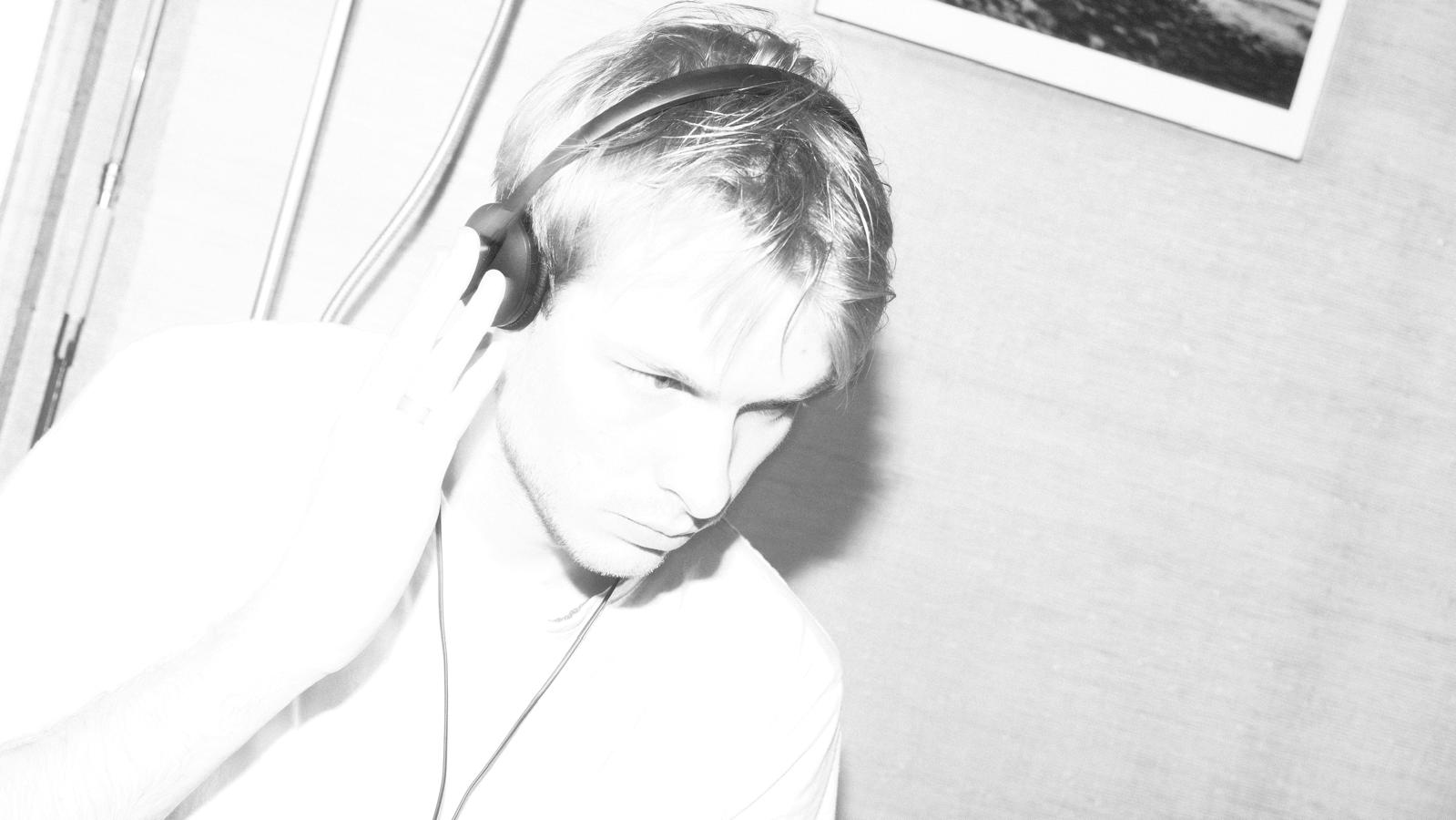
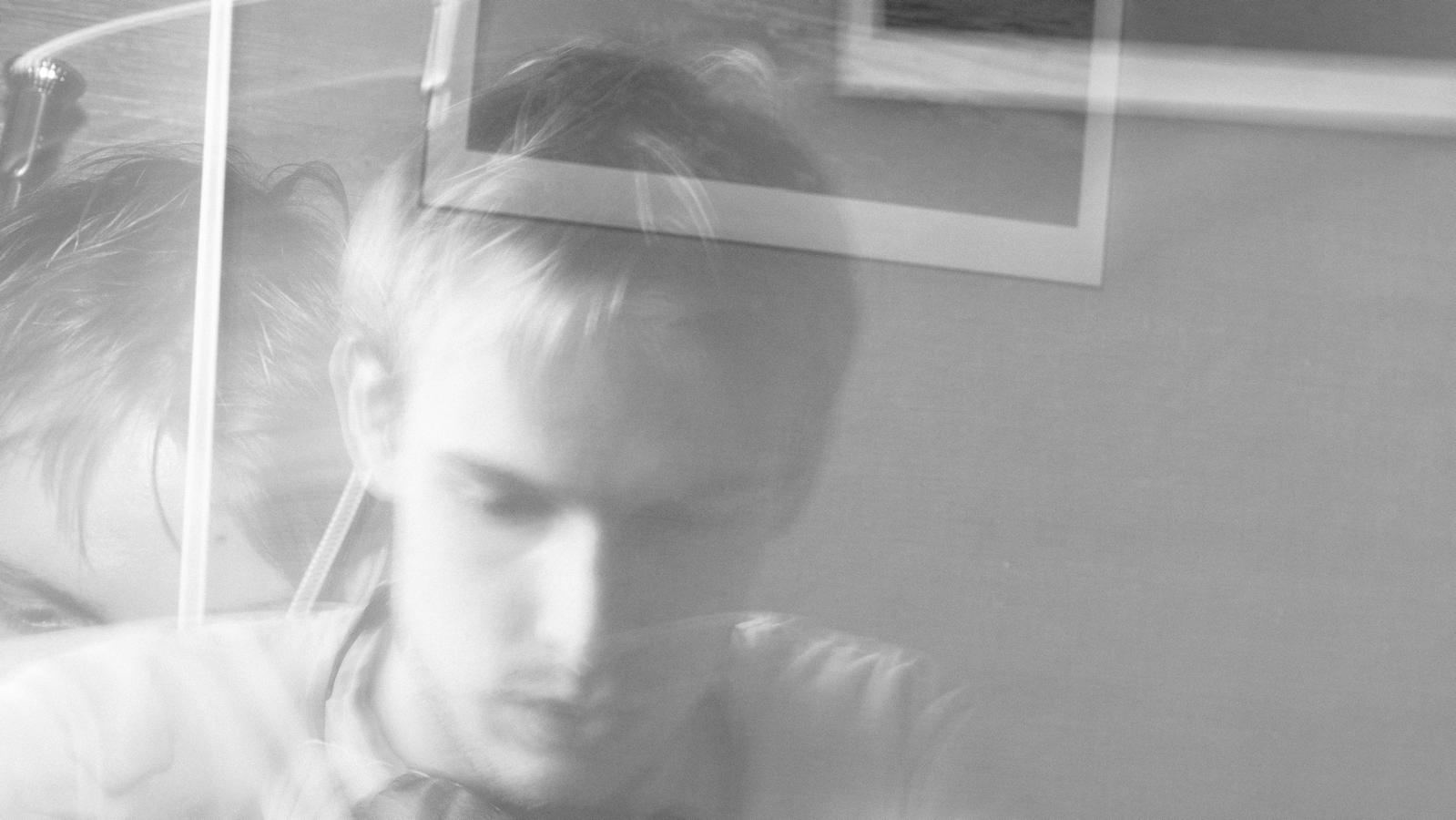
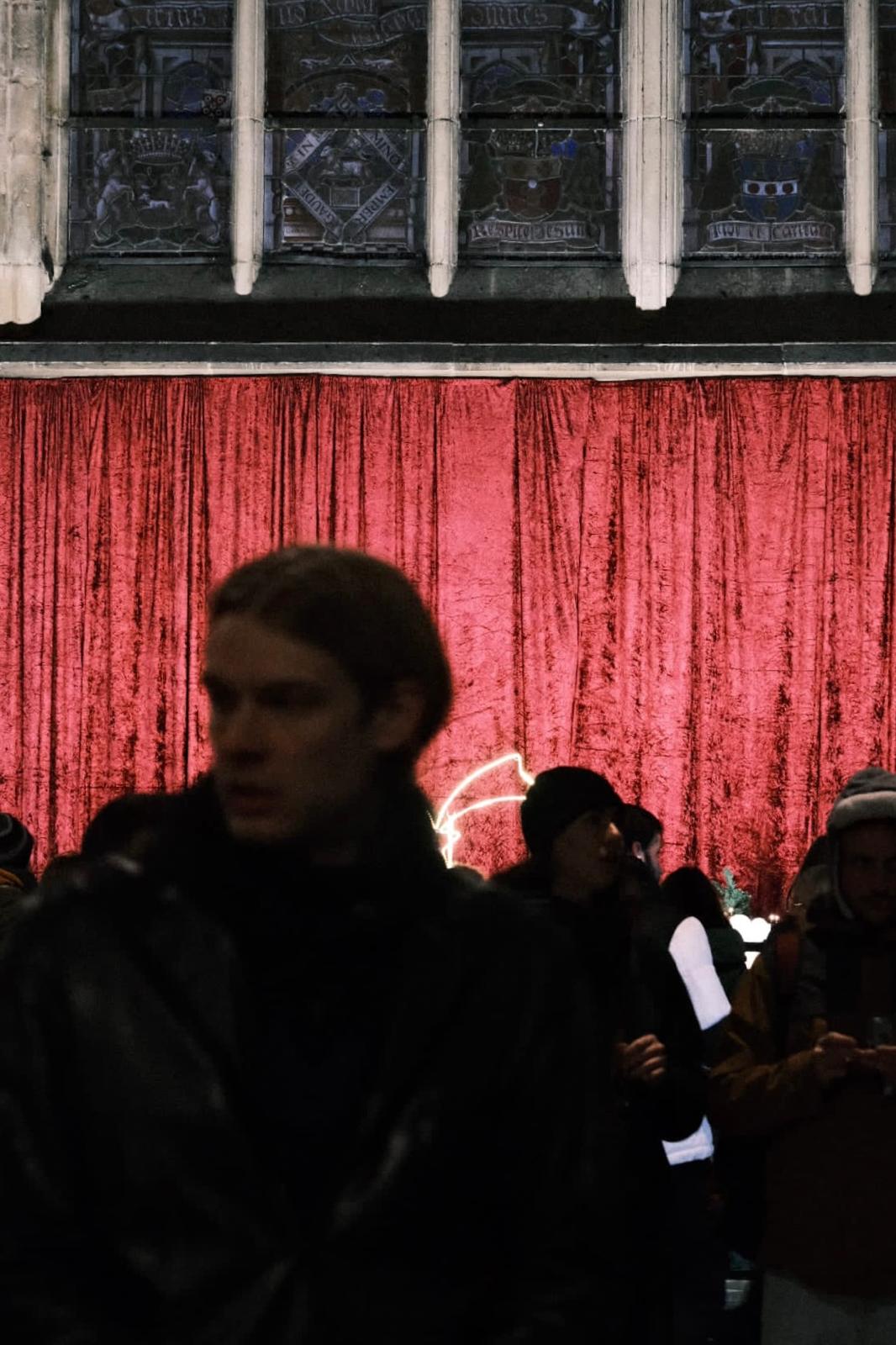

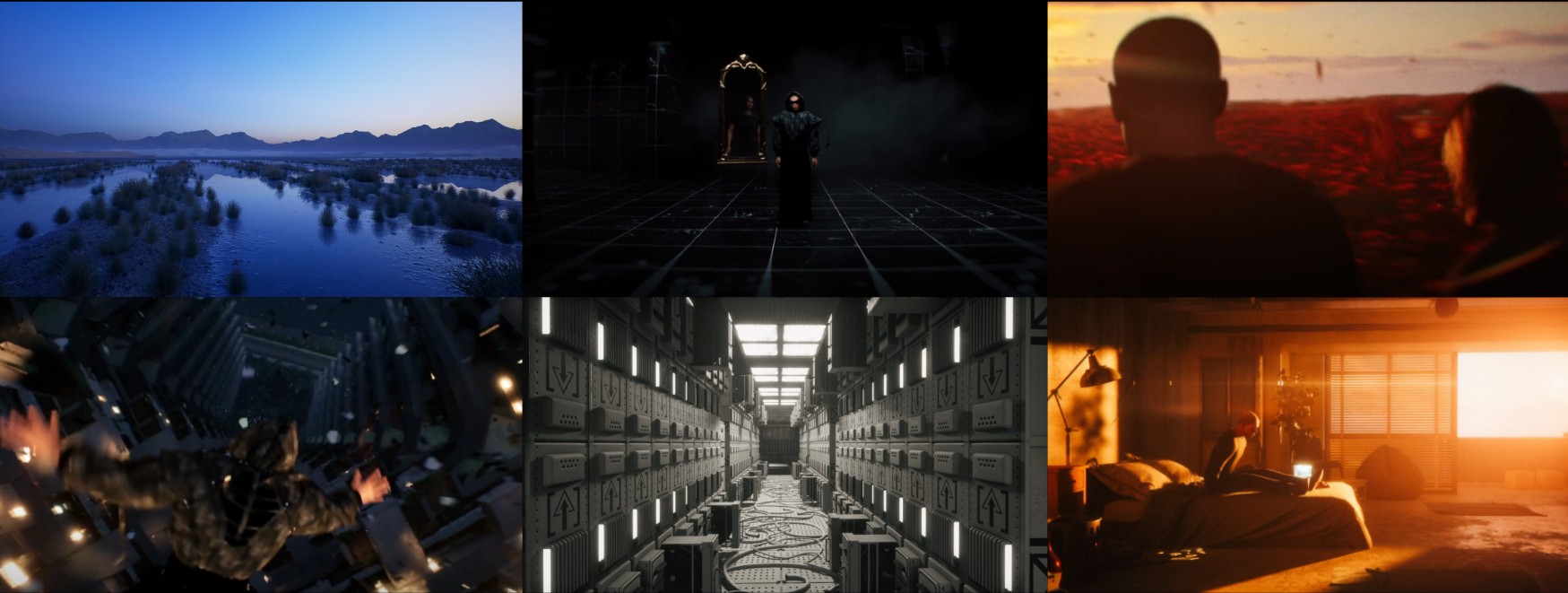
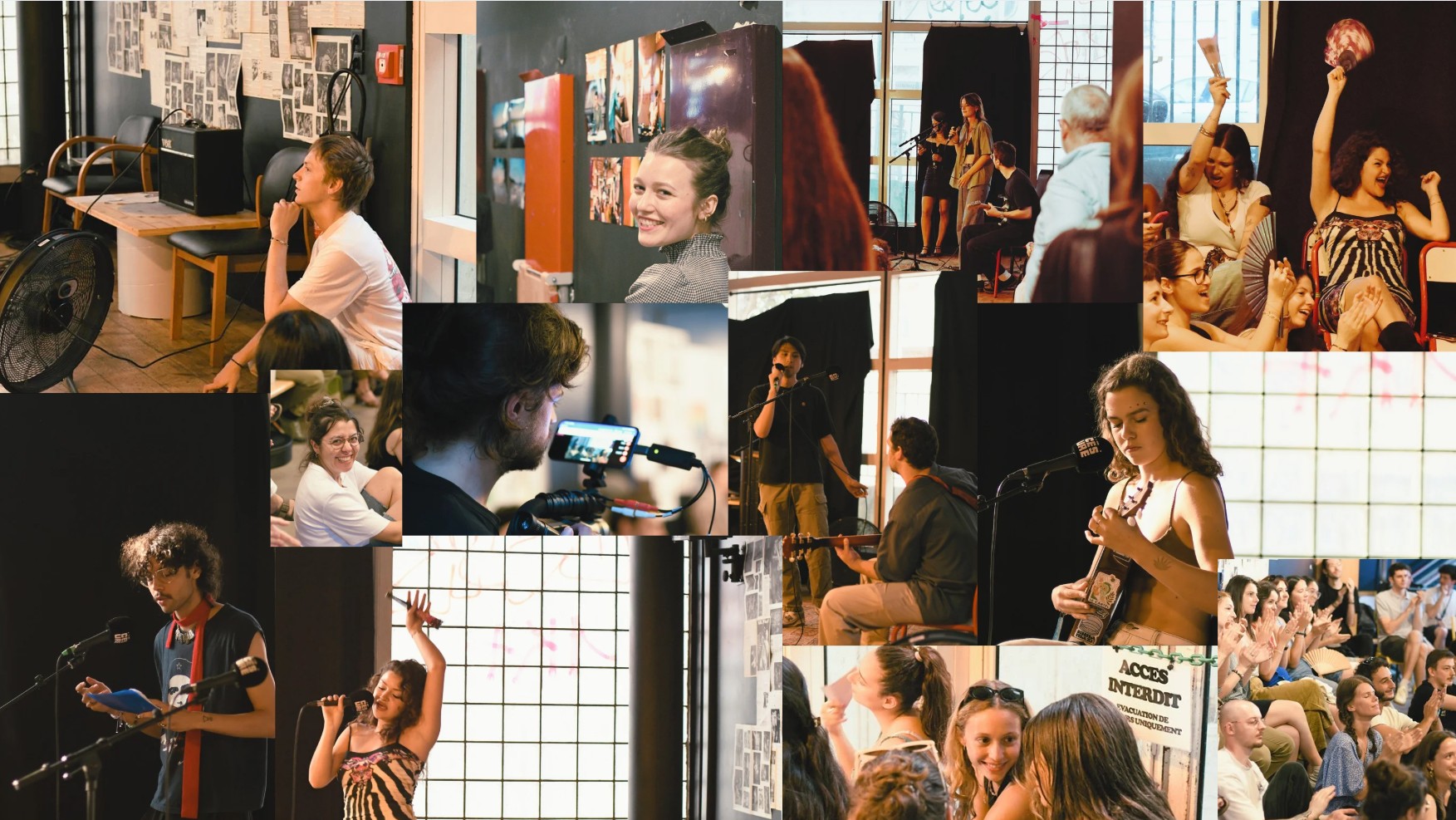
Image Credits
– Stills “The Day I Met You” (Unreal Engine), directed by Dimitri Vallein
– Behind-The-Scenes TrashCult open artistic scenes


